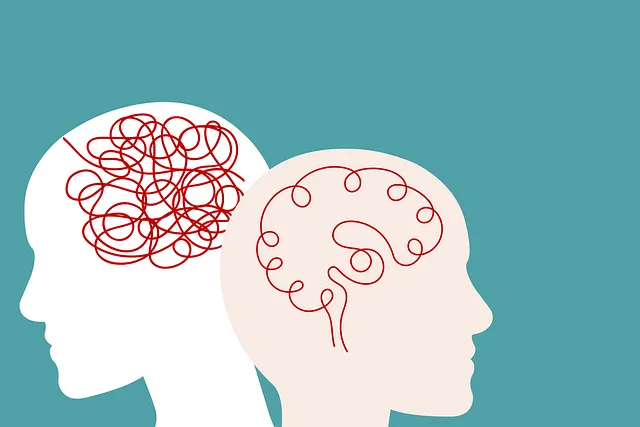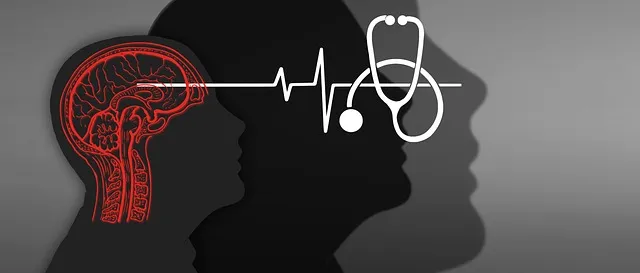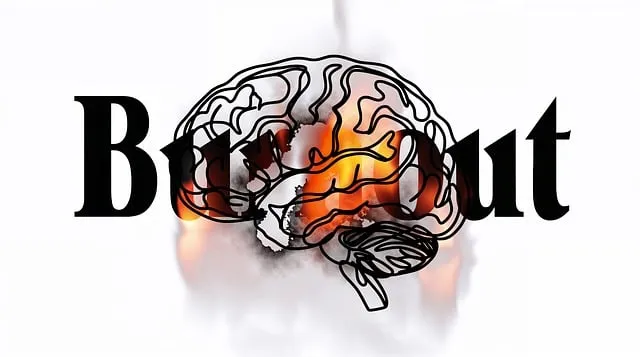Westminster Kaiser mental health classes offer a holistic approach to Emotional Intelligence (EQ), focusing on emotional management, social skills, and relationship building. Through interactive workshops, community outreach, and group discussions, participants gain self-awareness, coping skills, and resilience for stress management. The emphasis on empathy fosters supportive communities, enhancing interpersonal relationships and overall mental wellness in personal and professional settings. Regular mental health classes and self-care practices build emotional intelligence and adaptability.
Emotional intelligence (EQ) is a powerful tool that enhances personal relationships and overall well-being. This article explores effective strategies to build EQ, focusing on the Westminster Kaiser Approach and the transformative impact of Westminster Kaiser mental health classes. We’ll delve into practical techniques to foster self-awareness, empathy, and emotional regulation, drawing from research-backed methods. By integrating these strategies into daily life, individuals can navigate relationships with greater ease and achieve improved mental health outcomes.
- Understanding Emotional Intelligence: The Westminster Kaiser Approach
- Mental Health Classes: Unlocking Self-Awareness and Empathy
- Strategies for Enhancing Emotional Intelligence in Everyday Life
Understanding Emotional Intelligence: The Westminster Kaiser Approach

Emotional intelligence (EQ) is a multifaceted concept that has gained significant attention in recent years. The Westminster Kaiser Approach to EQ emphasizes understanding and managing one’s own emotions, as well as recognizing and responding appropriately to the feelings of others. This holistic approach, often taught through comprehensive mental health classes like those offered by Westminster Kaiser, goes beyond simple self-esteem improvement.
By integrating community outreach program implementations, these mental health classes not only enhance individual emotional resilience but also foster a sense of belonging and connection. Participants learn to navigate complex social interactions, build stronger relationships, and effectively communicate their needs—all crucial elements in preventing burnout. Through practical strategies and mindfulness techniques, the Westminster Kaiser Approach equips individuals with the tools necessary to thrive in both personal and professional settings.
Mental Health Classes: Unlocking Self-Awareness and Empathy

At Westminster Kaiser, mental health classes play a pivotal role in fostering emotional intelligence and enhancing overall well-being. These educational sessions are designed to unlock self-awareness, a fundamental aspect of emotional intelligence, by providing individuals with valuable insights into their thoughts, feelings, and behaviors. Through interactive workshops and group discussions, participants gain a deeper understanding of their emotional responses, enabling them to navigate life’s challenges with greater resilience.
The classes also emphasize the development of coping skills, empowering individuals to manage stress, anxiety, and other mental health concerns effectively. By fostering empathy, these programs encourage students to recognize and appreciate the diverse emotional experiences of others within their community. This not only strengthens interpersonal relationships but also contributes to a more inclusive and supportive environment, laying the groundwork for better mental wellness in both personal and professional spheres.
Strategies for Enhancing Emotional Intelligence in Everyday Life

Emotional intelligence (EQ) is a vital skill to cultivate, as it enhances our personal and professional relationships. Fortunately, there are numerous strategies to boost EQ in everyday life. One effective approach is to engage in regular mental health classes, such as those offered by Westminster Kaiser. These sessions provide valuable tools for understanding and managing emotions, fostering empathy, and improving communication skills.
Integrating mental health awareness into daily routines can significantly contribute to resilience building. Simple practices like mindful meditation, journaling, or even active listening during conversations can strengthen emotional regulation. Additionally, prioritizing self-care practices, such as regular exercise, sufficient sleep, and engaging in hobbies, allows individuals to cultivate a healthier relationship with their emotions. These habits not only promote better mental well-being but also enable individuals to respond adaptively in various social situations.
Building emotional intelligence is a transformative journey that can significantly enhance our personal and professional lives. By combining insights from the Westminster Kaiser Approach with practical strategies, individuals can develop self-awareness, empathy, and resilience. Westminster Kaiser mental health classes offer a structured path to unlocking these skills, empowering folks to navigate complex social interactions with grace and understanding. Integrating these lessons into daily routines fosters healthier relationships and contributes to overall well-being.






